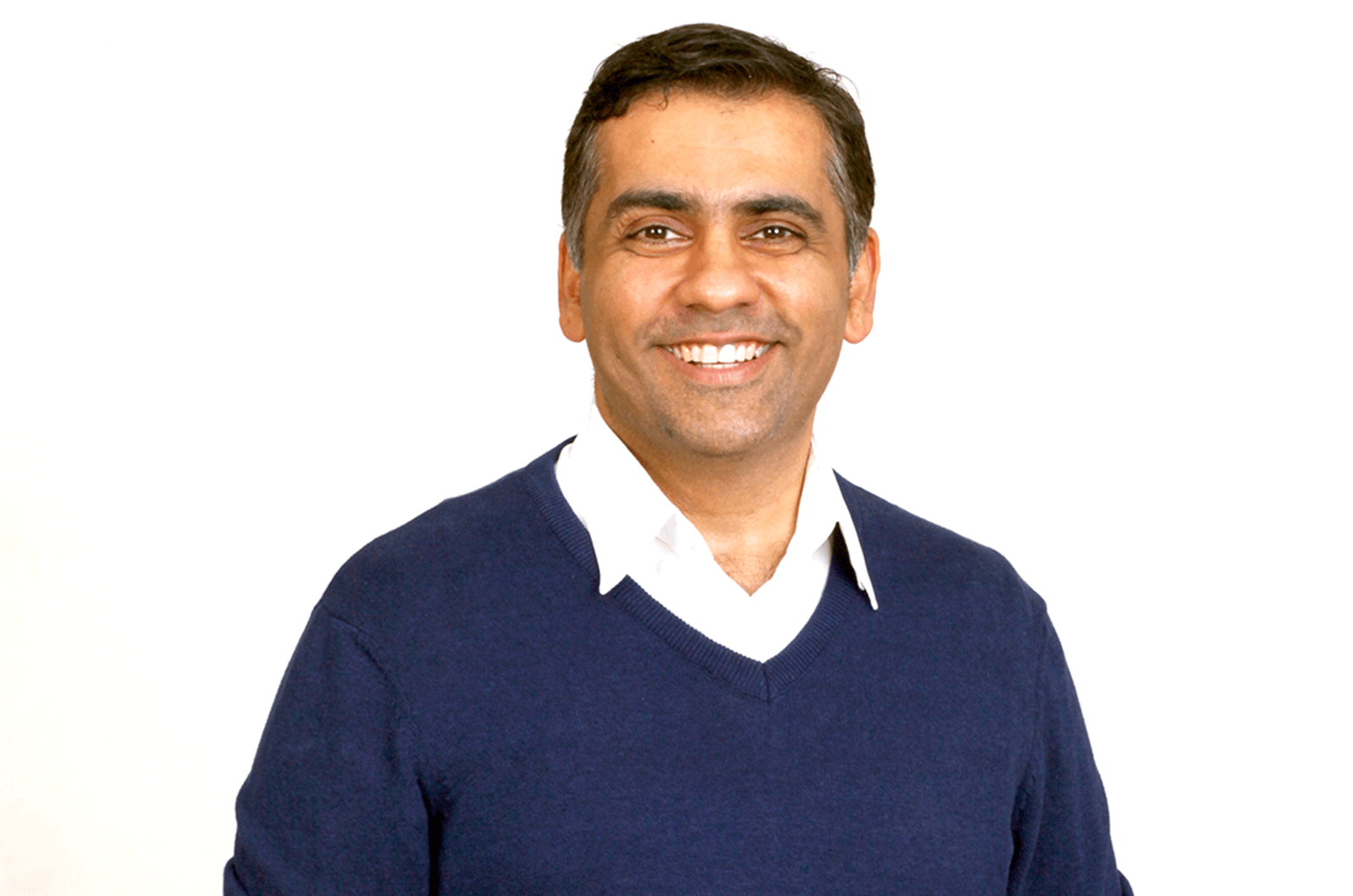
Several years ago, my friend Basheer and I were seated in a restaurant in Guangzhou, China. When we received the menu, the first thing Basheer did was tip the waiter. I was surprised and asked, “Why are you tipping before we have been served or even placed an order?”
I had lived in China for several years by then and was familiar with how excellent the Chinese are at serving their guests. However, that meal was quite remarkable. Our server put in extra effort to make sure we had the best experience ever, and went out of his way to ensure we were delighted.
As we walked out, Basheer asked, “Samir, would you tip someone who would give you excellent service?”
“Of course,” I replied.
“Precisely. Would you tip someone who wouldn’t give you excellent service?”
“Of course not. Why would I do that?”
He smiled and asked me a question that was so simple and yet so profound. “Why would you want to leave things to chance? Why not be the one to delight the waiter before he delights you? My tipping him at the beginning gives him the opportunity to repay my deed, rather than me repaying him back for his good service.”
The idea of being rewarded before even committing any action was a breakthrough moment for me. I realized this philosophy can be applied in any scenario. It encourages us to have the abundance mindset. We are surrounded by transactional behaviors, but an abundant mindset allows us to create a transformational experience when dealing with others. The power of gratitude is immense. It creates a sense of well-being in both the receiver and the giver.
I began thinking about how there are two types of leaders: transactional and transformational. Transactional leaders work toward a goal, then move on to another project. Transformational leaders build upon their goals; they strive to do better, be more innovative, and inspire their team. It is not that one is right and the other wrong; they are simply two different styles. I’ve found that being trans formative, however, is more empowering.
Leadership is about guiding a team to accomplish a goal. There are various methods to do this, such as effective communication, setting priorities, building trust, etc. There’s another method that I feel has great potential, and that is the use of gratitude.
The power of gratitude is immense. It creates a sense of well-being in both the receiver and the giver.
Good leaders work to get things done, and to get them done in the best way possible. To do that, they need to motivate their team. And one of the best methods for doing that is to use active gratitude. There are simple messages of gratitude that can be expressed on a regular basis. Many people use passive gratitude, which comes at the end of an action: Thank you for taking the time out to read this. Thank you for guiding me with my assignment. Thank you for being my mentor.
I began observing truly effective leaders, those who inspire and empower their teams, and I tried to decode how they practiced communicating gratitude. While reflecting upon the two styles of leadership—transactional versus transformational—I wondered if the way gratitude is practiced differs between these two styles, and I found a distinct difference.
People who are transformational leaders tend to use active gratitude: They set clear intentions—they use gratitude to empower people to do more than just what is expected of them. They are authentic—they genuinely care about the people around them, and they enjoy seeing people meet their highest potential. They inspire others to do even more. Finally, they are expressive—they have energy in their voice and demeanor. There is true joy when the message is relayed, both by the giver and the receiver.
We all have the opportunity to practice gratitude in various ways. We can choose to practice active gratitude, leaving others feeling empowered, or we can choose passive gratitude, which leaves others feeling appreciated. There are things within our control, and there are those beyond our control. The more we all act with respect to what is in our control, the more likely the chances of achieving the outcomes we desire.
We have awesomeness within each one of us that is at the core of who we are. We can all tap into that. I would be delighted if we had more people who had the mindset of my friend Basheer.
Samir Geepee is Club President of the recently chartered Podcasters Toastmasters Club, and is also a member of TGIS Toastmasters Club, both in Dubai, United Arab Emirates. Find out more at www.samirgeepee.com
Related Articles

Personal Growth
An Attitude of Gratitude

Personal Growth
Make Your Compliments Count

Communication



 Previous
Previous
 Previous Article
Previous Article